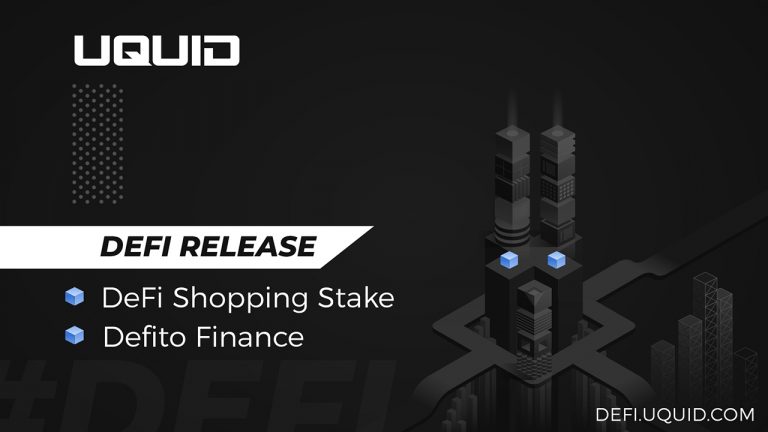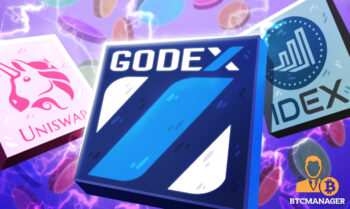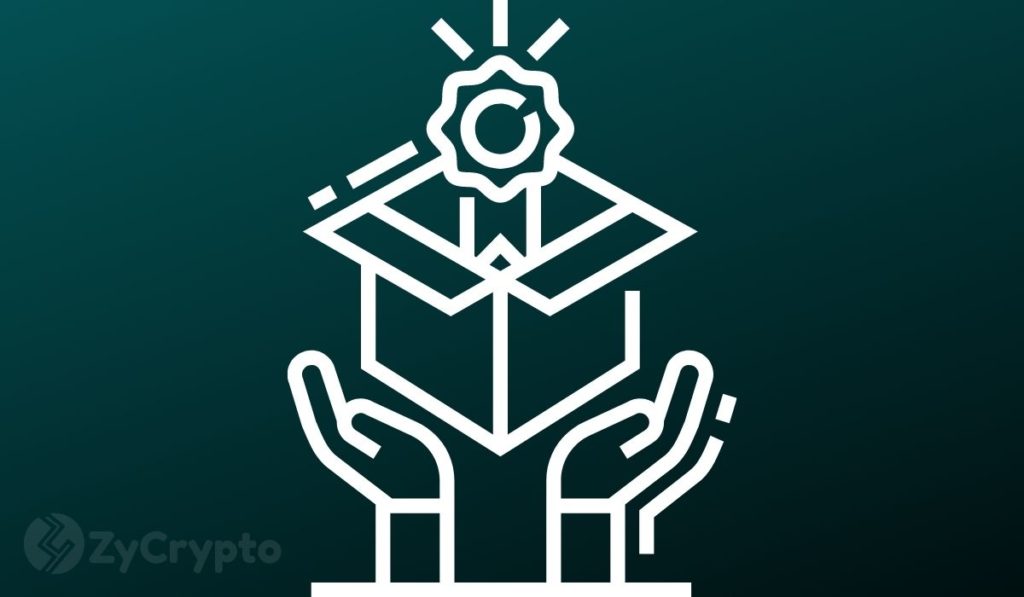2021-10-24 16:00 |
When Decentralized Finance, or DeFi, first came on the scene a few years ago, it was more of a curiosity, and certainly didn’t pose any form of serious competition for traditional finance.
However, in 2021, that is changing fast. Now, DeFi is becoming a major player in the economic world, and big names are starting to notice. What once was an experimental niche has evolved into a thriving ecosystem for disintermediated financial services.
And TradFi is now left with two choices: Embrace DeFi and its new opportunities, or fight against it, and risk alienating an entire demographic of new users flocking to these services? However, in the end, DeFi and TradFi may in fact need each other to move forward.
The Rise of DeFiDecentralized Finance protocols define their growth by a metric known as Total Value Locked or TVL. This is the sum of all assets tied into a given platform or smart contract.TVL is perhaps best analogized with how traditional financial firms measure their growth in Assets Under Management (AUM). As of this writing, the entire DeFi sector has amassed an impressive $165 billion across all of its services — including decentralized exchanges, liquidity pools, lending platforms, and much more.
Given the current trajectory, it’s reasonable to assume this trend will continue. Additionally, it’s more than plausible that the various interfaces for accessing DeFi will only continue to become more user-friendly, and general awareness will spread.
Simply compare the series of developments that led to the rise of the internet itself, going from a highly technical novelty to the force that literally powers global commerce today, and in just a matter of decades.
Part of the reason for this growing wave of DeFi adoption comes from the profound benefits of decentralized technology. Thanks to the underlying blockchains that power the ecosystem, transactions in DeFi are trustless, completely verifiable, and when done correctly, very difficult to interfere with.
They also come with no barriers, apart from internet access, and as such provide their wide range of financial services to anybody, with no discrimination for history or capital. This is leagues apart from TradFi, which often reserves some of its more lucrative opportunities for accredited investors.
Old vs NewIn a perfect future, DeFi could do away with the majority of the legacy financial world. The more accessible, affordable, and convenient platforms in the digital sphere become, they will simply outcompete their counterparts with fewer fees and high yields for investors.
Realistically, however, the banking system, governments, and regulators aren’t going anywhere anytime soon.
It’s likely that the future is one where these two systems become increasingly interconnected. Purists on both sides will deride this notion. Many in TradFi fail to see the benefits of DeFi and vice versa. However, once products begin emerging that can demonstrate the potential boons to both consumer and provider, minds may begin to change. Ultimately, where the average individual puts their money will decide what the future holds.
This puts both industries at somewhat of a stalemate, but also at the precipice of a consequential opportunity. Traditional finance already boasts a vast market share and globally entrenched infrastructure.
There is no need to gut it from the inside and start over — especially when it provides the basic inroads necessary to make DeFi work. Similarly, DeFi may be in its “wild west” phase, but the ideas being put forth and opportunities being created are too innovative to ignore.
The Path Forward is Difficult but NecessaryRegulators all over the world are struggling with what to do with DeFi. The time for ignoring the sector is over, banning the ecosystem is unrealistic, and embracing it is complicated. Just look at recent events surrounding the SEC’s attempts to regulate stablecoins, and these problems are evident.
Unfortunately, for the SEC, complicated is probably going to be the path forward. The benefits of integrating this new technology are too substantial to ignore, and, as such, consumers will be increasingly demanding exposure to it.
If incumbent institutions don’t help facilitate access for consumers, they’ll seek it out themselves.
Therefore, it is really in the best interests of all for members on both sides to begin finding ways to work together, because the future will need both. Anything less, and the global financial world stands to only become more volatile in the coming years, not less.
The post Op-Ed: The merging of decentralized and traditional finance is inevitable appeared first on CryptoSlate.
Similar to Notcoin - Blum - Airdrops In 2024
Wish Finance (WSH) на Currencies.ru
|
|
















